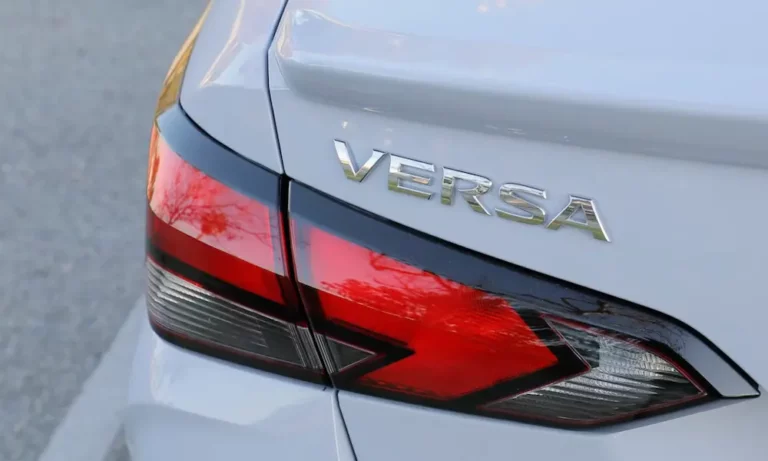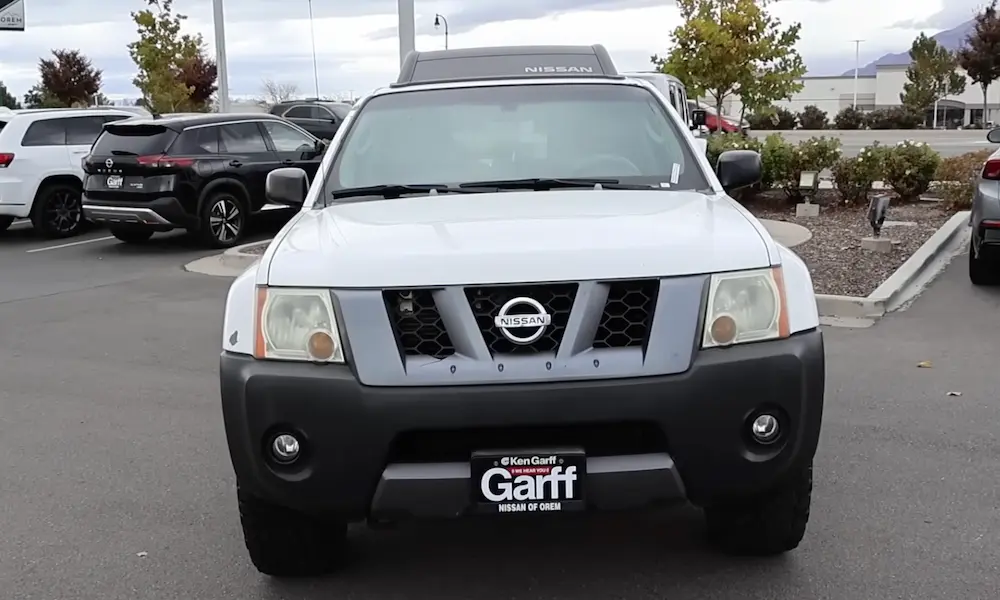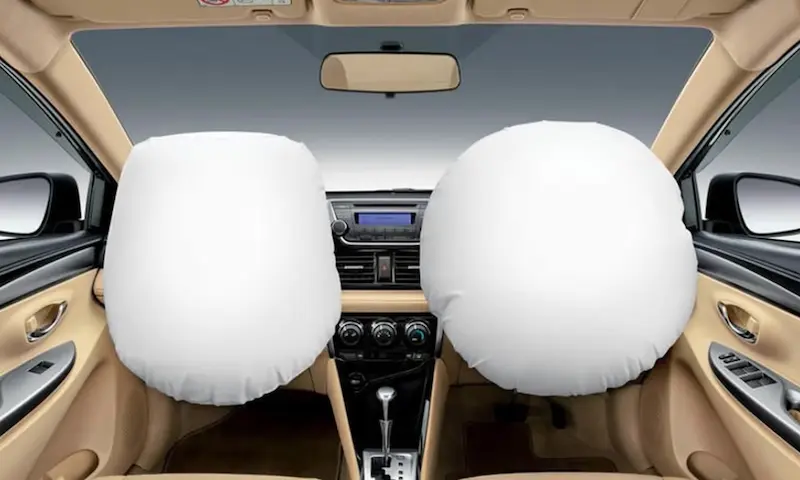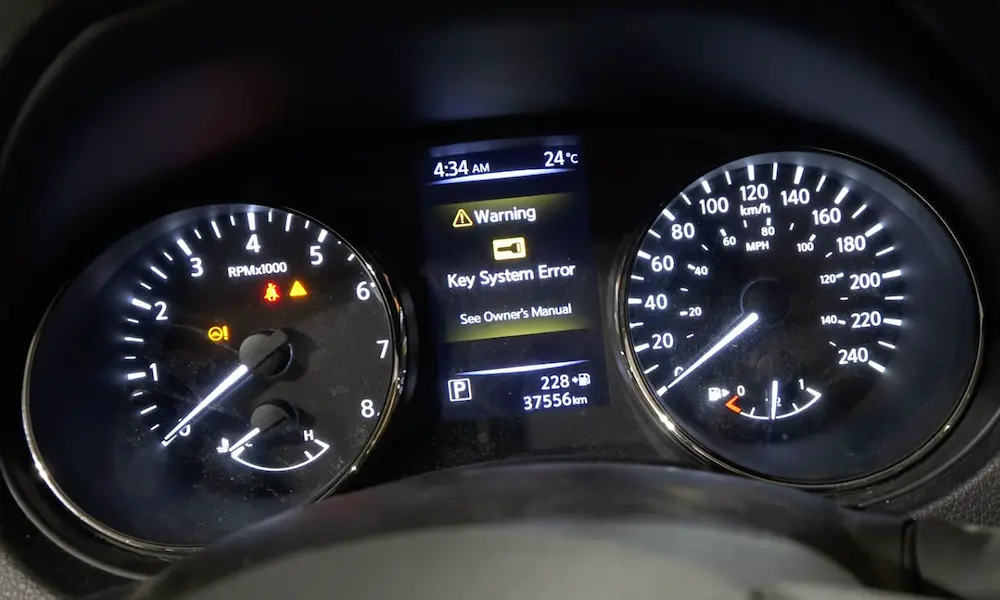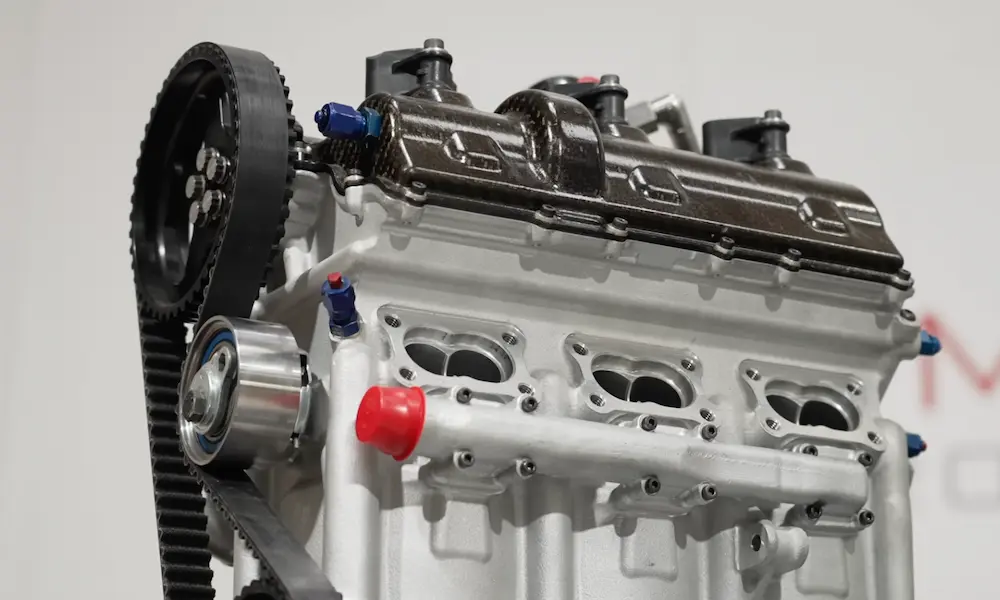Are you having trouble with your Nissan Versa’s transmission? You’re not alone. Many Versa owners face similar issues, especially with the CVT transmission. The most common Nissan Versa transmission problems include early failure, shuddering, stalling, and sluggish performance.
Don’t worry, though! This article will help you understand these issues better. We’ll cover the symptoms, causes, and possible solutions for Versa transmission problems. By the end, you’ll have a good idea of what might be wrong with your car and how to fix it.
Stick around to learn more about your Versa’s transmission. You might find the answer you’ve been looking for!
Common Transmission Problems in the Nissan Versa
The Nissan Versa has faced several transmission issues that can affect your driving experience. These problems range from uncomfortable movements to complete failure.
Shuddering and Jerking Movements
You might notice your Versa shaking or jerking, especially when accelerating. This juddering can happen at various speeds. It often feels like driving over a bumpy road, even on smooth surfaces.
The shuddering may start mild but can worsen over time. You might feel it more when the car is cold or during slow acceleration.
Some causes include:
- Worn transmission belt
- Low transmission fluid
- Faulty torque converter
If you experience these symptoms, it’s best to have your Versa checked by a mechanic soon. Ignoring the issue could lead to more serious damage.
Transmission Overheating
Your Versa’s transmission may overheat, especially during hot weather or long drives. Signs of overheating include:
- Strange smells from the engine area
- Warning lights on the dashboard
- Sluggish acceleration
Nissan CVT transmissions are known to be sensitive to heat. When they get too hot, they can suffer permanent damage.
To prevent overheating:
- Check transmission fluid regularly
- Avoid towing heavy loads
- Take breaks during long trips in hot weather
If you notice signs of overheating, pull over safely and let the car cool down.
Unexpected Transmission Failure
In some cases, Versa owners have reported sudden transmission failure. This can happen even in newer models or those with low mileage.
Signs of impending failure include:
- Grinding or whining noises
- Difficulty shifting gears
- Loss of power while driving
If you experience these symptoms, stop driving immediately. Continuing to drive could cause complete transmission breakdown.
Transmission replacement can be costly. Check if your Versa is still under warranty, as this might cover repair costs.
Transmission Slipping
You might feel your Versa’s transmission slipping, especially when accelerating. This can feel like the engine is revving but the car isn’t moving as fast as it should.
Slipping can occur when:
- Transmission fluid is low or dirty
- There’s wear on internal transmission parts
- The transmission control module is faulty
You might notice:
- Higher than normal RPMs
- Delayed acceleration
- Difficulty maintaining speed
Regular maintenance can help prevent slipping. If you notice these symptoms, have your Versa checked by a professional. Catching the problem early can save you from more expensive repairs later.
Year-Specific Nissan Versa Issues
The 2014 Nissan Versa had some notable transmission problems. You might want to know about these issues if you own this model or are thinking of buying one.
2014 Nissan Versa Transmission Concerns
If you have a 2014 Nissan Versa, you may face transmission problems. The continuous variable transmission (CVT) in this model can fail early. Some owners noticed issues right from the start.
Here are some signs to watch for:
- Jerking or shaking while driving
- Unusual noises from the transmission
- Slow acceleration
- Difficulty shifting gears
You might also see the check engine light come on. If you notice these symptoms, it’s best to get your car checked out soon.
Sadly, some dealers might try to put off repairs until your warranty runs out. Don’t let this happen to you. If you suspect a problem, take your car in right away.
Fixing these issues can be costly. A full transmission replacement could set you back about $3,600. That’s a big hit to your wallet!
Customer Experiences and Complaint Data
Nissan Versa owners have reported various transmission issues over the years. Many have shared their experiences online and filed complaints with agencies. Let’s look at what drivers are saying and the trends in reported problems.
Reviewing Owner Reviews
You might find owner reviews about transmission problems helpful when considering a Nissan Versa. Common issues include shaking, jerking, and hesitation. Some drivers report complete transmission failure.
These problems can start as early as 82,000 miles. That’s much sooner than you’d expect a transmission to have issues.
Many owners express frustration with repair costs. Fixing or replacing a CVT transmission can be very expensive.
Some drivers say the problems come back even after repairs. This leaves them feeling stuck with an unreliable car.
Exploring Complaint Trends on CarComplaints
CarComplaints.com shows many Versa transmission issues. The site helps you see which model years have the most problems.
The 2012-2017 Versa models seem to have the most complaints. These years show a pattern of expensive CVT failures.
You’ll notice transmission complaints are among the most common for the Versa. They often rank as the worst problem for several model years.
The average repair cost reported is about $3,600. That’s a big hit to your wallet, especially for an affordable car like the Versa.
Some good news: newer models may have fewer issues. But it’s still smart to research before buying.
Technical Service Bulletins and Recalls
Nissan has taken steps to address transmission problems in Versa models. The company has issued bulletins and recalls to fix certain issues.
Nissan’s Response to Transmission Issues
Nissan uses Technical Service Bulletins (TSBs) to help fix Versa transmission problems. These bulletins guide mechanics on how to repair specific issues. For example, some TSBs cover how to fix fluid leaks in the CVT.
Nissan has also released software updates for the Transmission Control Module (TCM). These updates can improve how the CVT works. If your Versa has certain error codes, the dealer might need to reprogram your TCM.
Some TSBs tell mechanics to use special tools or fluids. For instance, they might need to use Nissan NS-3 CVT Fluid for repairs. This helps make sure the fix is done right.
Known Recalls for Nissan Versa Transmission
Nissan has issued recalls for some Versa models due to transmission problems. These recalls are more serious than TSBs and cover safety issues.
One recall dealt with a problem that could make the car roll away. This affected some Versa models with CVTs. Nissan fixed this by updating the software in the transmission.
Another recall was for a issue that could cause the transmission to lose power. This problem mostly affected Versa Note models. Nissan replaced parts in the CVT to fix it.
If you own a Versa, you can check if your car has any open recalls. You can do this by entering your VIN on Nissan’s website or the NHTSA site. It’s important to get recall work done quickly to keep your car safe.
Dealing with Transmission Problems
Transmission problems in your Nissan Versa can be stressful, but there are ways to handle them. Let’s look at how to understand repairs, explore replacement options, and consider the costs involved.
Understanding Transmission Repair
When your Versa has transmission issues, it’s important to act quickly. Take your car to a Nissan dealer or trusted mechanic for a diagnosis. They can tell you if a repair is possible.
Common signs of trouble include:
- Shaking or juddering while driving
- Hesitation when accelerating
- Strange noises from the transmission
- Difficulty shifting gears
If caught early, some problems can be fixed with a simple fluid change or minor repairs. This can save you money and extend your transmission’s life.
Considering Transmission Replacement Options
Sometimes, repair isn’t enough and you’ll need to think about replacement. You have a few choices:
- New transmission from Nissan
- Rebuilt transmission
- Used transmission
A new transmission offers the best reliability but costs the most. Rebuilt options can be a good middle ground. Used transmissions are cheapest but riskiest.
Nissan Customer Service might help if your car is still under warranty. They may cover part or all of the replacement cost. It’s worth checking with them before making a decision.
Cost of Transmission Replacement
Replacing your Versa’s transmission can be expensive. Prices vary based on the option you choose and where you get the work done.
Here’s a rough guide:
- New transmission: $3,000 – $4,500
- Rebuilt transmission: $2,500 – $3,500
- Used transmission: $1,500 – $2,500
Labor costs are often a big part of the total price. Nissan dealers might charge more than independent shops. Get quotes from several places to find the best deal.
Remember, cheaper isn’t always better. A good replacement should last many years, making it worth the investment in your Versa’s future.

